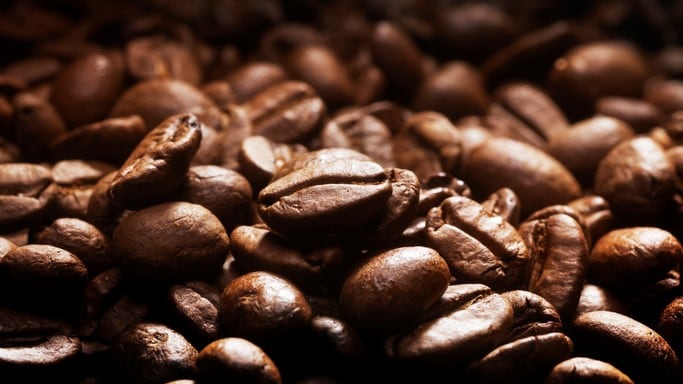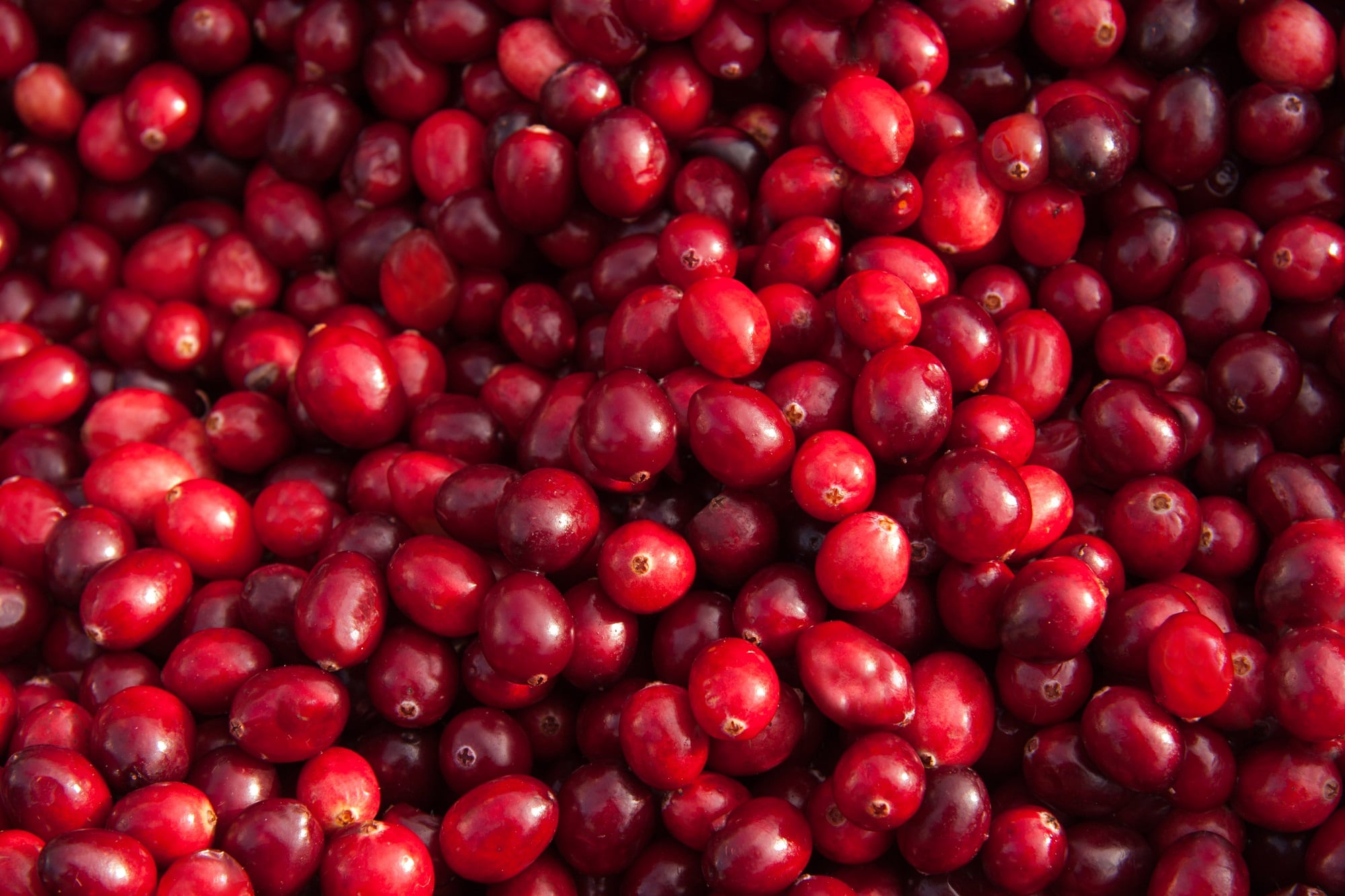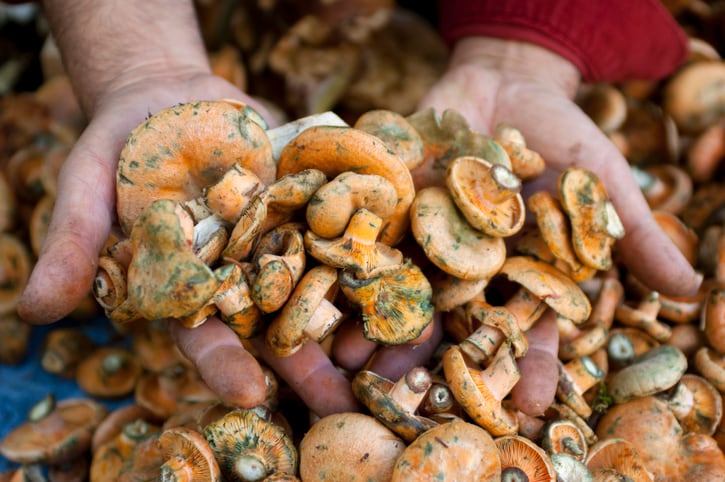Compared to markets like Europe, the upcycled ingredient concept is not as widely valued as it is in Asia. In some markets, it may linked to garbage, according to Alejandro Franco, co-founder and chief communications officer at Kaffe Bueno.
“The concept is still not as present as it is in Europe, because people still associated it with trash. So they expect lower prices or lower quality. At least, that has been the reception from SEA countries like Thailand,” said Franco.
However, the reception of upcycled ingredients in beauty has been more positive in markets like South Korea and Japan.
Based in Denmark, Kaffe Bueno is a company that upcycles coffee waste into active and functional ingredients for the cosmetics, nutraceuticals, and functional foods industries.
Despite the hurdles, the company is keen to expand its business in Asia Pacific and has already found distribution for South Korea as well as SEA.
While some Asian markets may be on the fence about upcycled ingredients, Franco believes this is only temporary.
“Asia is a hub of innovation. We see ourselves, our mindset, and our portfolio as being innovative. People will eventually see the value in having to upcycle things because we are just not using the resources of the planet in the best way possible,” he said.
A different perspective on coffee
Coffee grounds are a significant source of waste generated by individuals and businesses across the globe. When disposed of in landfills, it contributes to the generation of methane, a greenhouse gas that contributes to climate change.
“We treat coffee grounds as waste, but coffee is full of antioxidants, essential fatty acids, proteins, a lot of health-promoting compounds. And when you make a cup of coffee, less than 1% of those end up in your cup. So, 99% of coffee is intact when you make a cup of coffee, but we throw it in the trash, and it turns into methane. That’s a big problem,” said Franco.
As Colombians, Franco and his fellow co-founders sought to better utilise coffee waste, which they believed had huge opportunities in the beauty and nutraceuticals industries.
“When we were in university, we saw that all our friends enjoyed coffee, but they saw it differently. Coffee to them was a beverage but where we grew up in Colombia, coffee was more than that. If you fell down as a kid in Colombia, your grandmother would put coffee grounds on the wound to help it heal.
“Everyone thinks they know coffee because they have it every morning. When you talk about coffee, people immediately think of caffeine, but there’s so much more you can do with coffee. It’s makes quite the active and functional ingredient.”
For instance, the firm has developed a product that could replace iron oxides, or black pigments, in foundations or BB creams.
“It’s very multifunctional because, on one hand, it is replacing these pigments, but it has active properties as well. In some studies, we have done, we have seen that it prevents UV-induced glycation.”
The company is also set to launch a new product for the sun care market which claims to reduce the white cast effect physical sunscreens tend to leave on the skin, a product it believes will be in demand in the diverse Asia Pacific market.
“Titanium dioxide and zinc oxide can leave a white cast, so what we’ve done is coat it with a molecule, a polymer derived from coffee. It eliminates the white cast effect and also reduces photocatalytic activity.”





